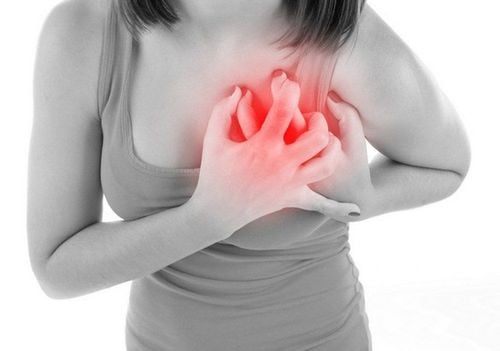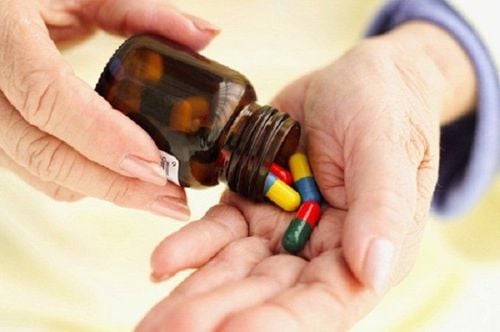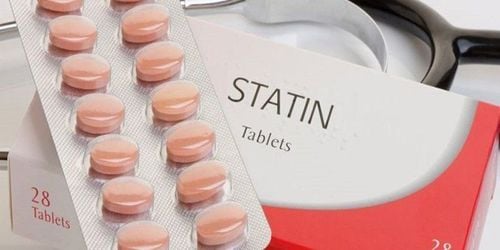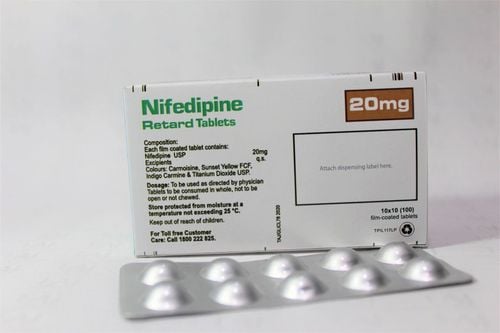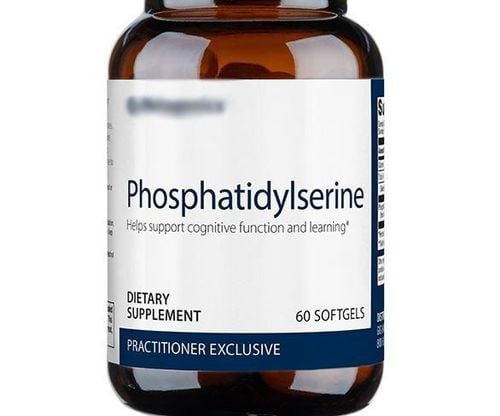This is an automatically translated article.
The article is professionally consulted by Master, Doctor Nguyen Tung Hoanh - Interventional Cardiologist - Department of Resuscitation - Emergency - Vinmec Nha Trang International General Hospital. The doctor has a lot of experience and strength in Resuscitation - Cardiac Emergency. circuit.Cardiovascular diseases are one of the leading causes of death worldwide. The danger of cardiovascular emergencies is that without prompt cardiovascular care, the patient can die quickly. Therefore, detecting signs of heart problems to promptly bring to medical facilities is an important factor contributing to increasing the patient's chances of survival and recovery.
1. Warning signs of patients in need of cardiovascular emergency
1.1 Warning signs of angina-myocardial infarction Myocardial infarction is a dangerous cardiovascular disease that can lead to sudden death, acute heart failure, broken heart, stroke due to embolism, .. Chest pain is a common symptom in patients with myocardial infarction. Manifestations of angina:The pain is severe, the patient feels like the heart is strangled, tightening in the chest. The location of the pain is usually behind the breastbone, mid-chest, or heart area. The pain can appear in one place or it can spread to the neck, jaw, spread to one or both arms, toward the back, ... The pain can last from a few minutes to several tens of minutes. Other signs such as: Fatigue, shortness of breath, sweating, headache, nausea, vomiting,... 1.2 Warning signs of cerebrovascular accident A cerebrovascular accident is a condition in which the brain cannot be supplied. Sufficient blood supply leads to lack of oxygen and nutrients, leading to severe injuries, sequelae, and even death if not handled promptly. Warning signs of cerebrovascular accident include:
The patient has sudden numbness or weakness on one side of the face, arm or leg, sudden dizziness, loss of language ability, inability to understand other people's speech. Severe headache, dizziness, dizziness, lightheadedness due to lack of oxygen to the brain. Shortness of breath, panting, heart palpitations. 1.3 Warning signs of acute vascular occlusion Acute vascular occlusion is a sudden blockage in the lumen of the arteries supplying the extremities due to a blood clot or atherosclerotic plaque, resulting in a lack of blood supply to the limb. the limbs. If the lack of blood supply to the extremities is not resolved in time, the ischemic limb will become necrotic in a few hours to a few days.
Warning signs of the condition include:
Sudden, severe pain in the leg or arm, the patient must stop all activities. The leg or hand is cold, the color is paler than the other side. 1.4 Manifestations of circulatory arrest The patient suddenly faints, loses consciousness, stops breathing, cardiac arrest, cyanosis of the whole body, sometimes convulsions or flaccidity, may have urinary incontinence.
2. What to do when detecting signs of heart problems
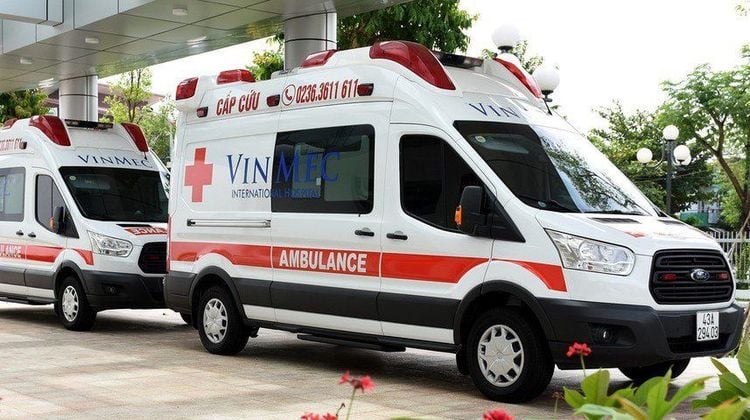
Nhanh chóng đưa người bệnh tới cơ sở y tế gần nhất để cấp cứu khi phát hiện tim có vấn đề
2.2 Give first aid to the patient In case of signs of circulatory arrest, while waiting for helpers and ambulances to arrive, it is necessary to perform chest compressions- CPR for the patient as follows:
Place the patient in supine position. on a stiff straight face, kneel beside the patient, place both hands on the lower third of the patient's sternum, the other hand on the front hand, placing the fingers alternately and in the same direction. Press firmly perpendicularly at the same time with both hands so that the patient's chest collapses from 4-5cm. Then, lift your hand and continue the second stroke, the optimal pressing speed is 100-120 times/min. Give asphyxiation by blowing air into the patient's lungs with the mouth, either through the filter or directly, blowing slowly for a second, enough for the chest to rise. If no help is available, continuous chest compressions may be required without rescue breaths. Chest compressions help create pressure on the chambers of the heart, helping blood flow into the arteries, even though the heart has not yet recovered, the pumping will still take place, which will help prolong the time it takes to wait for the doctor or ambulance. next.
Cardiovascular diseases are one of the leading causes of death in the world, even in developed countries. The danger is that cardiovascular diseases often develop silently for a long time without any specific symptoms, when symptoms have appeared clearly, the disease has often turned to a severe stage. very difficult and the patient's quality of life is severely reduced. In the case of cardiovascular emergencies, if the patient is not treated promptly, the risk of death will be very high or if the patient survives, the sequelae will also be very severe.
To limit the risk of cardiovascular disease, along with changing lifestyle, diet, increasing exercise, regular cardiovascular examination is an important factor to screen for risks and detect disease. early and prompt treatment.

Tăng cường vận động, tập thể dục để tim mạch khỏe mạnh hơn
Please dial HOTLINE for more information or register for an appointment HERE. Download MyVinmec app to make appointments faster and to manage your bookings easily.
The article references the source: Vietnam Cardiology Association



